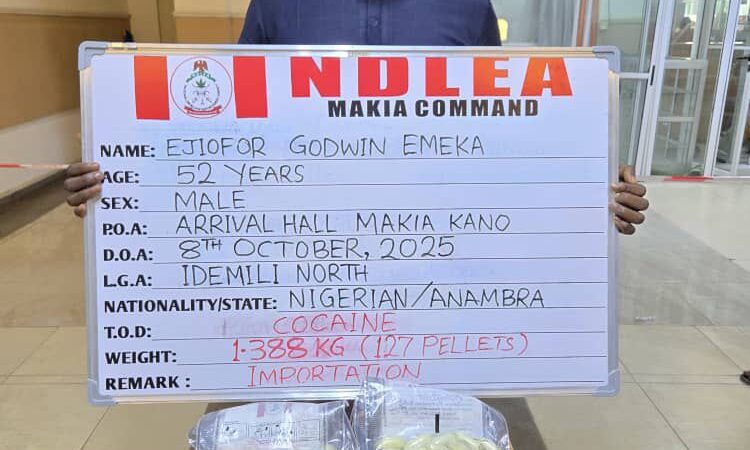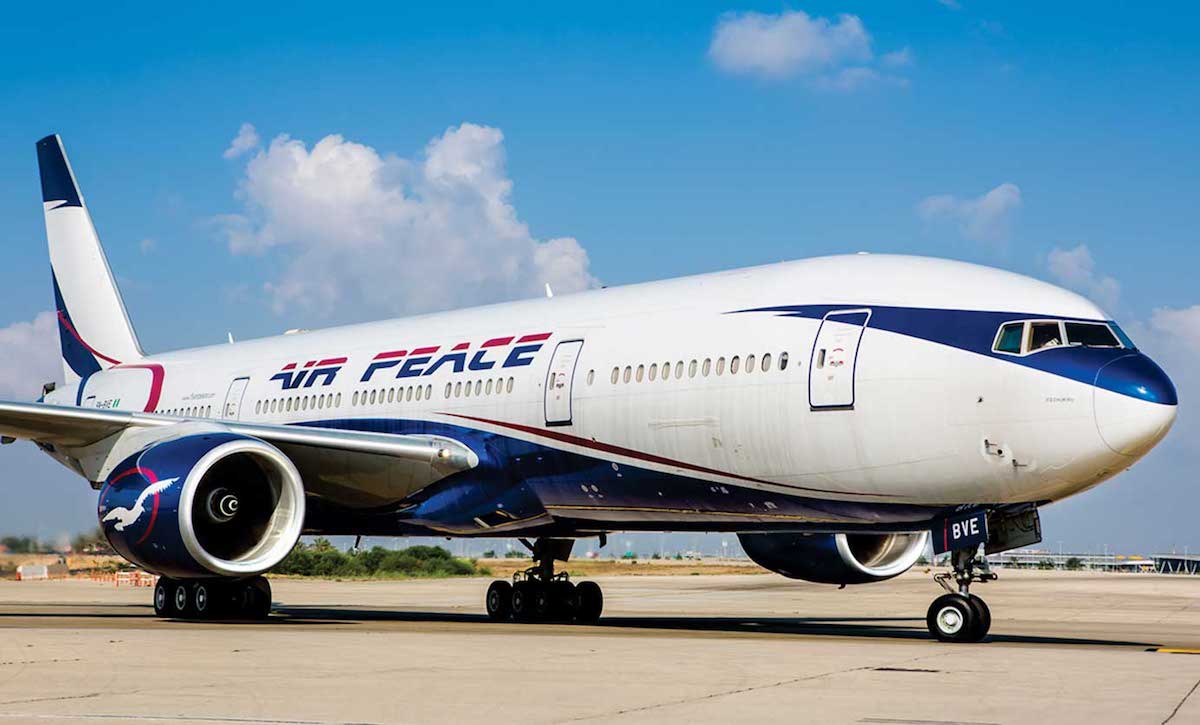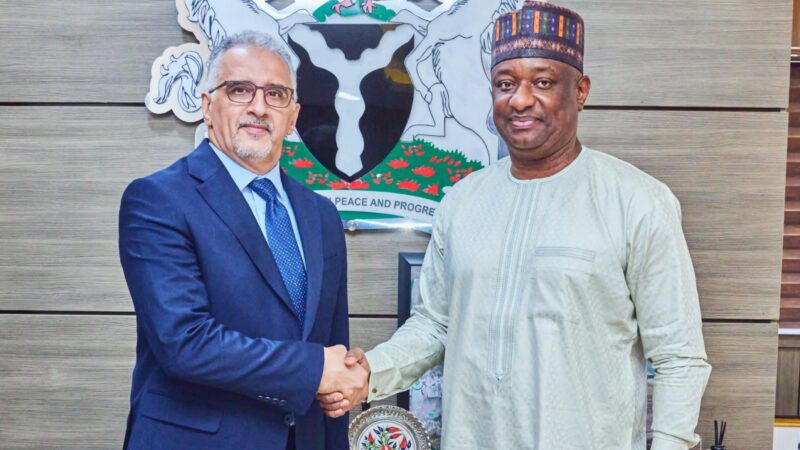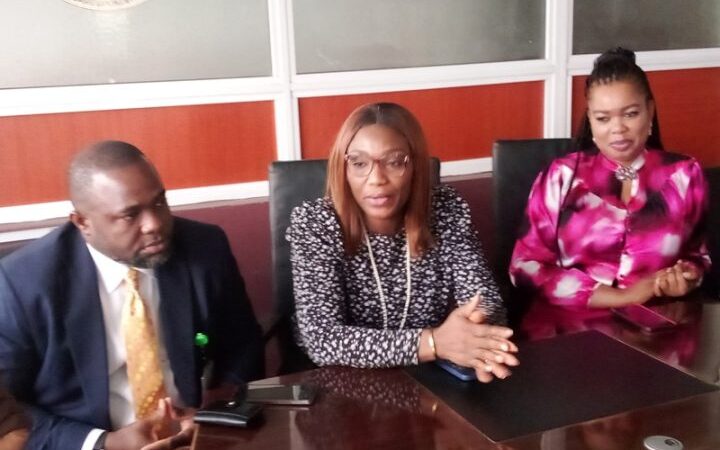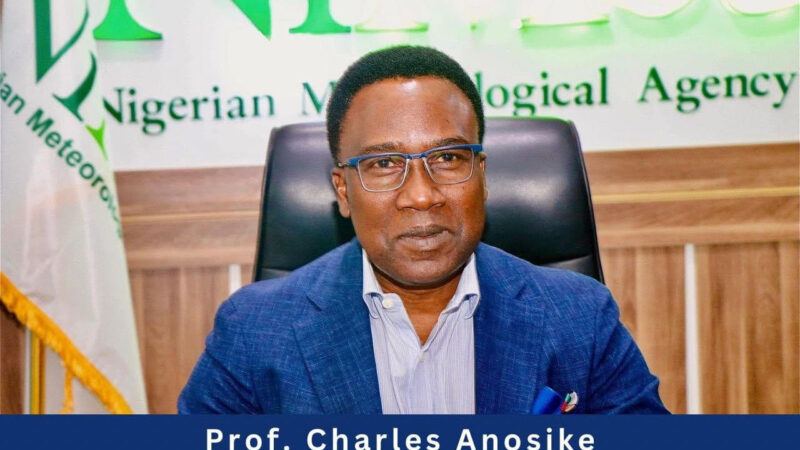Import Permit Abuse: SON to sanction defaulters

The Standards Organisation of Nigeria (SON) has stated that it would sanction manufacturers who take advantage of the SON import permit to bring in substandard goods, noting that the permit is only used for the importation of raw materials and machinery for local production.
The Director General of SON, Osira Aboloma said during a meeting with MAN president and his team to finalise an MOU that could strengthen both
Aboloma, explained that SON and MAN have had a robust partnership over the years, adding that due to its strict enforcement of standards in the country, the number of manufacturers adhering to standards are more than those frustating the efforts of the standards body’s mandate which is to improve lives through quality assurance.
The SON boss stated that, “Like every other sector, there are bound to be bad eggs who take advantage of loopholes by importing finished products instead of raw materials and machineries.
We have an understanding to give concessions to local manufacturers, but the number of people complying are more than those that are not comlying and we have also agreed that anybody that takes advantage of this loophole to import finsihed products instead of raw materials that we have given concession to, will be answerable to us in his personal capacity, he will no longer be sheltered under the concession given to MAN.”
So when you have permit to bring in machinery or raw material, but if you bring in finished products, it is illegal whether it is substandard or quality because you have already abused the system, you are not only taking advantage of it to bring in substandard products, but also shortchanging the federal governemnt revenue to earn foreign exchange,” he added.
Earlier, the the president, Manufacturers Association of Nigeria (MAN), Engr. Mansur Ahmed, speaking on the recent African Continental Free Trade Agreement (AfCFTA) accented to by the President, said would open lots of opportunities for the Nigerian economy, but stated that it comes with potential threats and challenges where unscrupulous dealers in substandard goods would hide under to bring in fake and substandard goods.
To address this challenge, he called on the present administration to empower SON in terms of human, technological and institutional capacity in a bid to combat dumping post AfCFTA.
In his words, “I believe this creates a new demand for SON and other regulators to scale up their activities to prevent dumping. By doing this, we are not protecting the interest of only the nigerian manufacturers, but the African manufacturers at large.
It requires an even greater cooperation with stakeholders such as MAN. I believe this is what the agency is working on now and we will certainly support any effort in this regard.”
He added: “SON has built capacity, they have incorporated new technology in their work, but also the challenges in the ports have increased and with the signing of the AfCFTA there will be more challenges that would be facing SON. I think returning SON to the ports is something we should look at.”
According to him, plans are ongoing to sign a comprehensive Memorandum of Understanding (MoU) with SON which would enable both parties to work more extensively, while also addressing issues confronting the manufacturing sector.
“The MoU would address all issues as they arise in a contnuous basis, because it is not something we can do once and forget about, we will be interfacing SON continuously and therefore, we need to find a framework which will be provided by the MoU that will enable us to resolve issues as they come without creating challenges to opeartors or regulators.
This is a meeting we should have had a very long time ago. The importance of this meeting to MAN is very clear where we now have a basis to understand the objective and requirements of SON with regards to ensuring continuous quality of products not just for the ones manufactured locally, but also imported, because this ensures a market that we can compete effectively.
We have had for too long substandard goods being imported into the country which does lots of harm to our economy and specifically to our operations in the sector and I think with this kind of collaboration and cooperation with the regulator and the industry.
I believe that the possibility of reducing the importation of substandard goods would be brought down to the barest minimum,” he said.


